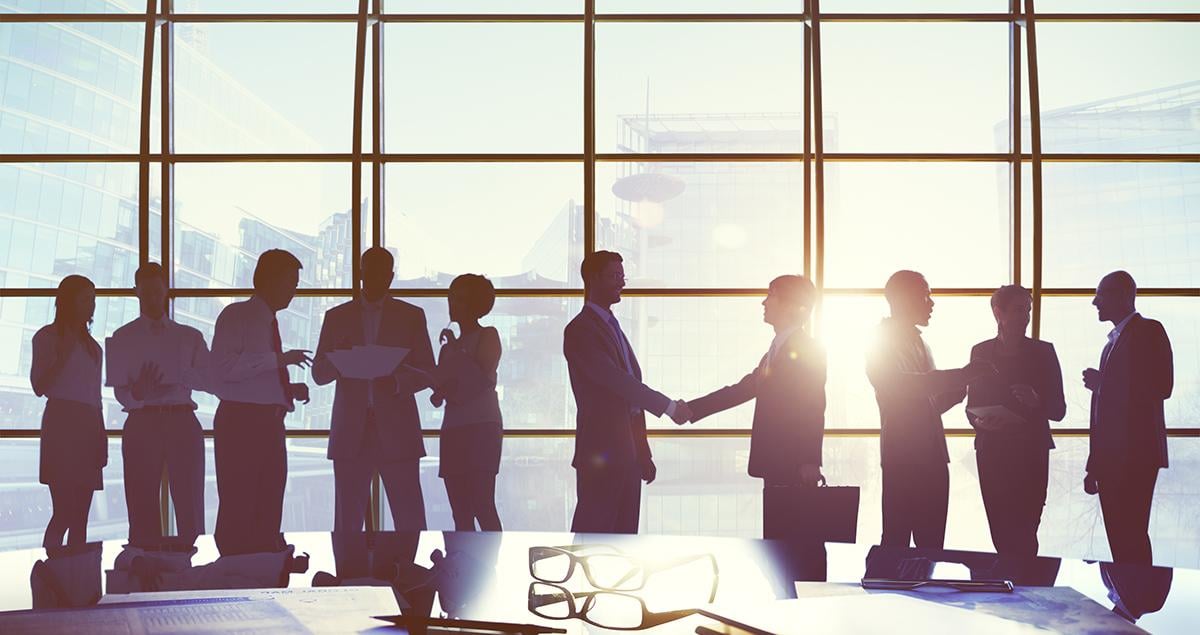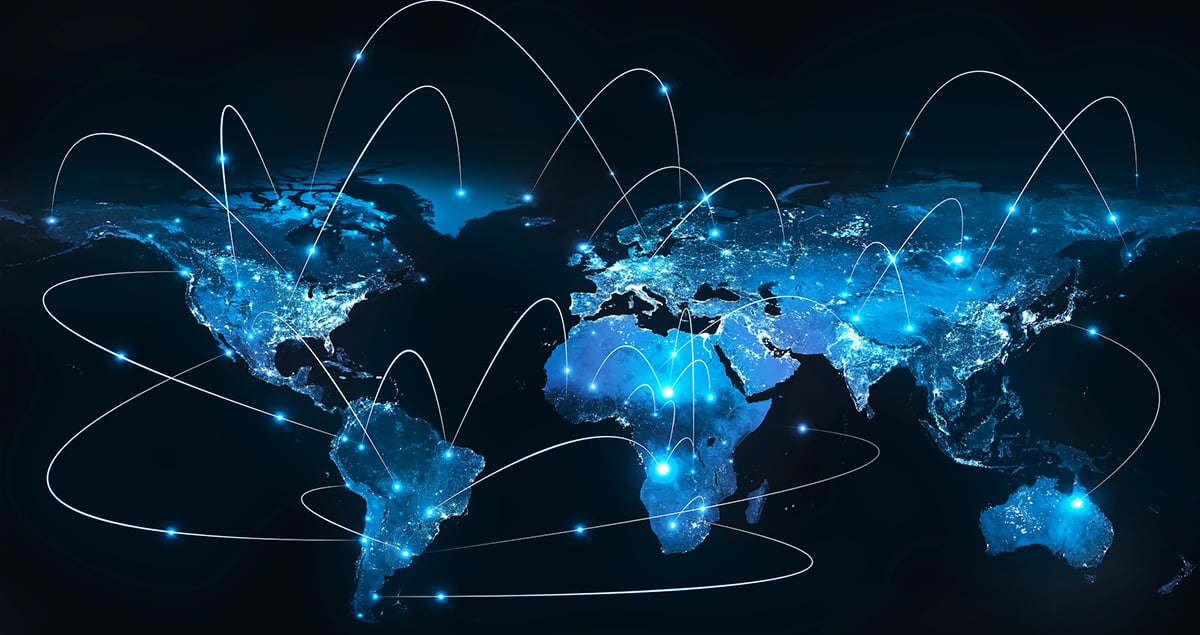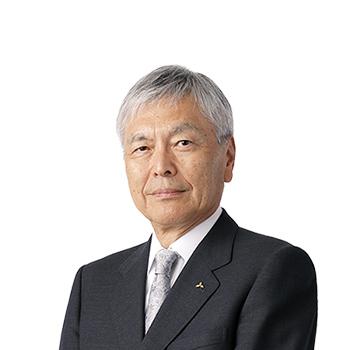Chowa: a business philosophy to bridge a fractured world

The global business community has long faced the challenge of driving profits today while building a better world for tomorrow. On many fronts, this model has produced notable successes: The rise of social media as a business tool and the spread of smart phones across the globe, for instance, have connected people everywhere in ways that were unthinkable just a decade ago. And rapid advances in other technologies, such as artificial intelligence, are transforming the workplace and the nature of work itself.
But as the world becomes more interconnected, it also becomes fragmented in ways that undermine the very growth delivered by these advances. Workers feel left behind as new technologies displace their jobs; rising income inequalities cast a shadow over national economies; and the global demand for energy continues to grow, despite the fact that we should be significantly reducing our environmental impact. Progress can be a tricky thing, and sometimes, our positive steps forward lead to unexpected consequences. As Klaus Schwab, the executive chairman of the World Economic Forum (WEF) noted, it is imperative for the global business community to recognize “the increasing frustration and discontent among those not experiencing economic development and social progress,” adding that “we need a deeper commitment to inclusive development and equitable growth, both nationally and globally."
The zero-sum paradigm that is sometimes prevalent in the business world must evolve into a new approach, one that can handle the challenges created by this environment. And by looking to the past, we believe we’ve found the best way to move forward.
There is a Japanese idea called chowa, meaning “a spirit of harmonious partnership.” Chowa is embedded in the foundations of Mitsubishi Heavy Industries (MHI), and we believe it has profound implications for the global business community. Facing a world that’s growing more connected yet splintering along fault lines will require businesses to adopt some of the principles of chowa in order to foster a shared sense of growth. And indeed, as we look around and see fundamental collaboration between businesses, we see the spirit of chowa already having an impact.
Take, for example, the partnership between Alibaba and Ford. The nature of the car industry is changing; the automotive world looks likely to hinge on the passenger economy created by Uber and the increasing prevalence of electric vehicles, so Ford decided to look for a partner in the East, where electric vehicle technology is rapidly advancing. At the same time, Alibaba is looking to transform the way people shop for and buy cars, and hopes to use its e-commerce capabilities to transform an aging industry for modern consumers.
The partnership between Ford and Alibaba is not just about supplying inventory. It is deeply strategic for both parties. Ford is investing heavily in electric vehicle technology, and China, with its longtime struggle against pollution, is likely to be the biggest market for electric vehicles in the world. On top of that, China has a major consumer base for vehicles in general; a study by the business research firm Strategy Analytics found that, by 2050, as much as 47 percent of global car use will be in Asia. This partnership not only matches markets with consumers, but also looks to transcend the current automotive landscape by jointly developing technology that’s going to power and inform the automobiles of the future.
Another example of two companies coming together in a spirit of chowa is the partnership between Apple and IBM, two longtime rivals that realized combining their individual strengths and expertise could create new opportunities. Pairing Apple’s design expertise and consumer insights with IBM’s computing power and extensive knowledge of the market may allow both companies to reach new customers.

Such partnerships seek to transform the market by recognizing that the way firms are doing business is changing. Flowing with the tide, instead of fighting against it, is at the heart of the spirit of chowa.
But while we look to the future, we cannot ignore the challenges of the present. For instance: how do we balance the world’s increasing demand for energy with the pressing need to reduce our environmental impact? One solution may lie in investing in renewable energy initiatives, like MHI is doing. MHI’s partnership with Vestas, for instance, created MHI Vestas Offshore Wind, which produces the turbines that have led the way in Europe and are now pouring electricity into grids across the continent.
The partnership works because MHI needs Vestas’ leading turbine technology and saw a growing market, while Vestas needs MHI’s financial stability and proven manufacturing expertise. All these elements are highly important in a nascent industry like renewables. And now, MHI is working with additional partners to drive this important technology forward by testing the world’s most powerful offshore wind turbine at the state of the art facility at Clemson University in the United States.
Such partnerships pave the way forward for the global business community—and these are only the beginning. The coming decades will be defined by increased mobility between countries and industries. Workers, communities, businesses, and national economies will all be in flux as technological and global forces transform previously defined relationships.
It is within our power to harness this transformation to propel the world forward and help bridge the fragmentation we’re seeing now. But in order to create that shared future, we need to embrace a new business philosophy, one that values harmonious partnerships and far-reaching collaboration. An idea rooted in the past, but suited to the needs of the future: the spirit of chowa.





